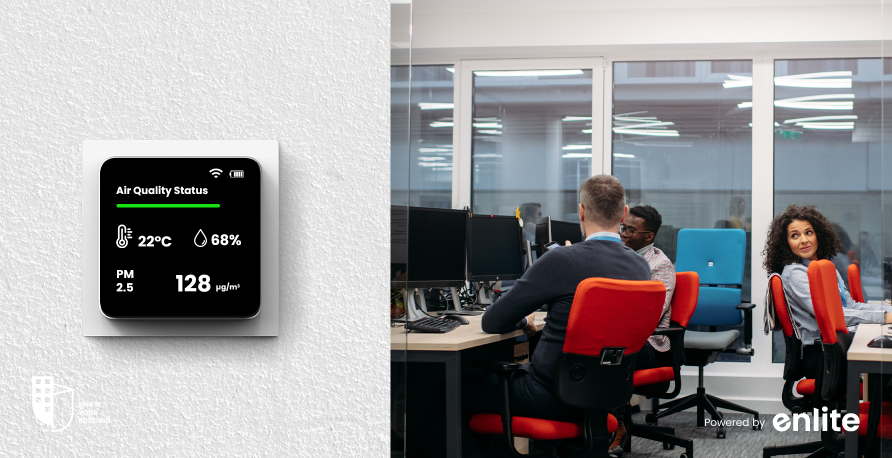Comprehensive research indicates that individuals spend a significant portion of their lives (approximately 85-90%) within indoor environments. The quality of air in these spaces, referred to as Indoor Environmental Quality (IEQ), exerts a substantial influence on human health, cognitive capabilities, and overall productivity levels. Inadequate IEQ has far-reaching economic consequences for businesses globally.
Economic and Health Implications of Poor IEQ
- Global Economic Impact: According to the World Bank and the Institute for Health Metrics and Evaluation (IHME), the global economy incurs a staggering annual loss of $225 billion in labor income due to air pollution.
- Cognitive Impairment: Studies demonstrate a strong link between compromised air quality and diminished productivity. Evidence suggests a decline in cognitive function and output among workers exposed to higher levels of air pollutants.
- Respiratory Health Risks: Exposure to airborne contaminants such as VOCs, PM 2.5, CO2, mold, and allergens represents a major threat to respiratory health. This exposure contributes to increased healthcare costs and employee absenteeism.
Understanding the Impact of IEQ on Productivity and Well-being
IEQ directly impacts human physiology and can lead to the following:
- Decreased concentration and cognitive function
- Elevated stress and fatigue
- Exacerbation of allergies and asthma
- Disruption of sleep patterns
These adverse effects result in reduced workplace efficiency, impaired decision-making abilities, and increased rates of absenteeism.
Smart Solutions for Optimal Indoor Environments
Enlite’s solution, Know Your Building® – the world’s first cloud-native wireless BMS – offers a suite of solutions designed to optimize IEQ:
- Real-time Monitoring: Utilizing cutting-edge sensors, Know Your Building® continuously monitors critical IEQ parameters, enabling the proactive identification of potential concerns.
- Advanced Air Purification: State-of-the-art air purification systems neutralize pollutants, allergens, and viral agents, ensuring cleaner and healthier air.
- HVAC Integration: Ensures optimal temperature and humidity levels, promoting comfort and superior air quality.
- Biodynamic Lighting: Supports healthy circadian rhythms, enhancing alertness and energy levels.
Quantifiable Benefits of an Enlite-Optimized Workplace
- Elevated Productivity: Improved cognitive performance translates into enhanced decision-making and increased overall output.
- Enhanced Well-being: A reduction in allergy symptoms, improved sleep quality, and mood elevation contribute to a healthier, more satisfied workforce.
- Preventative Health Management: Continuous monitoring facilitates the proactive mitigation of air quality threats, reducing the incidence of illness among employees.
The Imperative: Investing in IEQ for Business Success
Enhancing your indoor environment through Enlite’s advanced technologies represents a strategic investment in employee health, productivity, and the overall prosperity of your organization. Prioritizing IEQ yields the following benefits:
- Increased workplace satisfaction and employee retention
- Reduced healthcare expenses
- A highly engaged and productive workforce
System Upgrade: Transform Your Indoor Space
Enlite’s technology empowers users to optimize their IEQ for maximum performance and well-being. Data-driven solutions promote a healthy, productive, and technologically enhanced indoor environment. Take control of your indoor environment – explore Enlite’s solutions today and experience the benefits of optimal IEQ.














